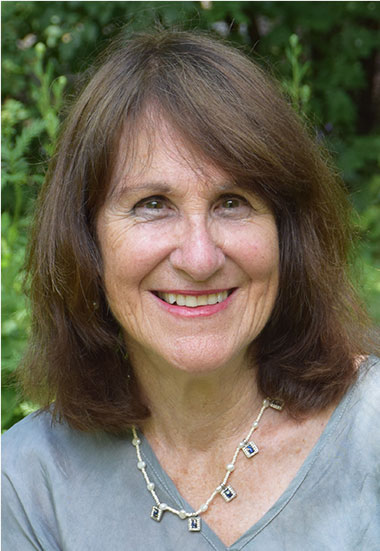Q: Can I submit my manuscript to you for advice or a blurb?
A: I am currently not able to provide blurbs or review manuscripts.
Q: Which book is your favorite?
A: I don’t have one favorite, but there are different aspects of each one I favor.
Q: If you won’t name your favorite, then how about something special about each one, or a problem you faced in writing it?
A: Although it might seem from the outside that the books are very much the same, each one had its own challenges. The Autobiography of Henry VIII: Too many characters! Six wives and three important statesmen made nine major roles, and none could be omitted. Even with the book 930 pages long, that’s only about 150 pages per wife, or 100 pages if you include More, Cromwell, and Wolsey. And I didn’t want to scrimp on them.
Mary Queen of Scotland and the Isles: The twenty years in prison were an obstacle in making the book interesting. Yet I didn’t want to say, “Twenty years later…” because she changed during those years, growing as a person.
The Memoirs of Cleopatra: Cleopatra was so self-assured it was hard to make her sympathetic. She didn’t make mistakes and she didn’t have self-doubts, all necessary to make us identify with a character.
Mary, Called Magdalene: She had to share the stage with Jesus, and nobody can steal a scene from Jesus. It was much easier to write about her after Jesus was no longer with her.
Helen of Troy: Two problems from the same source: mythology. The question of fate and Helen not being free to choose her destiny, and therefore not being apologetic about it, was hard to present to the modern audience. Also, “don’t hate me because I’m beautiful”—that’s hard to bring off.
Elizabeth I: Somewhat the same problem as Cleopatra. She was supremely in control of her world, which made her so competent and accomplished she was the opposite of vulnerable. Unlike Cleopatra, she wasn’t beaten by her foreign opponent but triumphed. Only time and mortality overcame her, but even time has turned her into an icon.
Nero: The problem was overcoming the caricature of the fiddling madman who sang while Rome burned. He wasn’t mad and he didn’t sing of the Fall of Troy while watching Rome burn. He wasn’t cruel (at least by Roman emperor standards) and he had visionary projects that were embraced by later emperors. He was just ahead of his times and suffered the usual consequences.
Q: Who are your favorite authors/influences?
A: Ray Bradbury has had enormous influence over me. My father gave me “The Martian Chronicles” to read when I was nine. I must know it by heart by now. With all due respect to Poe and Stephen King, I think Bradbury’s “The Third Expedition” is the scariest story I’ve ever read.
I also like Oscar Wilde, Edgar Allan Poe, Gore Vidal, F.Scott Fitzgerald, and Thomas Hardy. Hmmm, do you see a pattern here? Very few lighthearted writers in this grouping—only Oscar Wilde and his observations about human nature are funny but dark.
Q: Do you have any interest in writing about a modern person?
A: I assume by modern you mean since 1900? No; although there are scads of interesting subjects, the sheer amount of documentation available, far from making it easier, makes such a project daunting. In addition, there is the problem of getting permissions and meeting with resistance from friends and family. Ironically you can find out much more about people who died a long time ago—no one is guarding their secrets any longer, everything is in the public domain.
Q: Did you study history?
A: Only informally. My father was very interested in history and we lived in places rich in history while I was growing up; it was a part of our family life to explore Crusader castles or archaeological digs or visit old cemeteries, like other families went camping.
Q: How much of what you write is true and how much your own imagination? What is your rule for historical accuracy?
A: My own rule is that I never go against a known fact (even if that fact is inconvenient for plotting purposes). No dead people live an extra five years because I’d like them to meet someone so it would be a better story, for example. Playwrights and screenwriters have had Queen Elizabeth I and Mary Queen of Scots meet, but in real life the closest they ever came to one another was 44 miles, and so in my book, they do not, and cannot, meet.
However, one of the reasons we read historical novels is that, although we know what did happen, we don’t always know why. The realm of the novel allows me to supply motivation and explanation of the character’s psychology, and go where the straight biographer cannot go. In that arena I am free to use imagination and conjecture.
Q: Do you have writing rituals?
A: I can’t write if anyone else is in the house! So I could never do what Jane Austen did, write at the desk and then just shove the paper in the drawer when anyone came into the room. Writers are very peculiar creatures!
Q: What fact would a reader be most surprised to learn about you?
A: That I am a sprinter and long jumper.
Q: What do you do to relax? For fun?
A: Indulge in pop culture and binge watch my favorite TV series.

